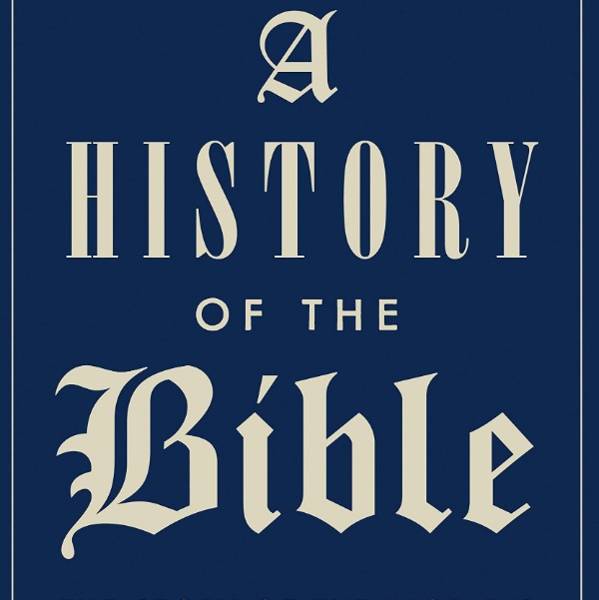Is there such a thing as a private opinion about the world? An opinion that has no impact on one’s dealings with reality? An opinion, what’s more, that informs no other opinions, an opinion unconnected to any chains of reasoning, uncoupled from any trains of thought? Can an opinion, to put it another way, exist in a vacuum?
If it could, it would be justified in asking some pretty deep questions about the purpose of its existence. Happily, though, few such lonely opinions exist. The world leads us to our opinions and our opinions lead us through the world, the three of us hand-in-hand. It’s a healthy symbiotic relationship; free thinking involves keeping this relationship alive.
Religion, whatever else it is, is an opinion about the world – about why it’s here, or why we’re here, or how we got here, or what we should do while we’re here, or what happens when we’re no longer here (or, more obliquely, about how we know we’re here, or whether we’re here at all). As such, it’s a pretty formidable kind of opinion; the kind of opinion that must, surely, be tied into all sorts of chains and trains.
But perhaps beliefs – even the most deep-seated, earth-shaking, mind-altering beliefs imaginable – can exist in isolation; maybe it’s okay to ask those who hold beliefs we find insupportable to keep those beliefs in quarantine, to prevent them from touching any of their other opinions, as though they have intellectual cooties. This is, of course, what secularism seeks to do.
We can just not worry about underlying assumptions. This is a very good way of living a worthwhile life. There are plenty of ways of having a positive impact on the world without delving into deep thought; there are many valuable conversations to be had, across borders of all kinds, that don’t require any mining of the philosophical bedrock. A lot of humanists seem to have arrived at the conclusion that there are so many urgent issues to address in this busy world of ours – issues of discrimination, of justice, of inequality – that ‘abstract’ questions (such as the value of rationalism or the existence or otherwise of a deity) can’t reasonably be prioritised. In New Humanist’s recent debate on the future of “New Atheism”, Alom Shaha argued that “when we have children being segregated from each other on the grounds of their parents’ religions, I’m not sure arguments about the non-existence of God are useful”.
But this is firefighting, an eternal game of whack-a-mole, an endless series of short term responses to problems that, in many cases, differ from one another only in their details, and stem, in fact, from a single root. Of course we should engage with each issue on its own terms, but if, in doing so, we’re able to follow the debate back to that root, to figure out where my opinion diverges from yours, to identify the common ancestor of our differing viewpoints – then we can really make progress.
The point of divergence, whatever it is, is what our argument is fundamentally about. This is the real point of contention; even if it’s so far back in the dispute as to seem irrelevant or out-of-date (or, worse, boring), this is where our energies should be focussed. When we fail to find this point in an argument – and too often, we can’t even be bothered looking for it – we have little hope of understanding what the other person really thinks. If I don’t have the empathy needed to try out your world-view for size, if I complacently assume that your premises are the same as mine (that you have a rationalist view of how the world works, say) then, when we differ, I’m probably going to assume that you’re an idiot or a fiend – and, from there, it’s going to be hard to reach any kind of agreement.
If, however, we’re able to find the real root of our disagreement, then we both have something substantial to talk about. This root, very likely, will have something to do with rationalism: rationalism rejected, or compromised, or misunderstood. Very often it will have something (or everything) to do with religion. These remain the arguments that matter.

